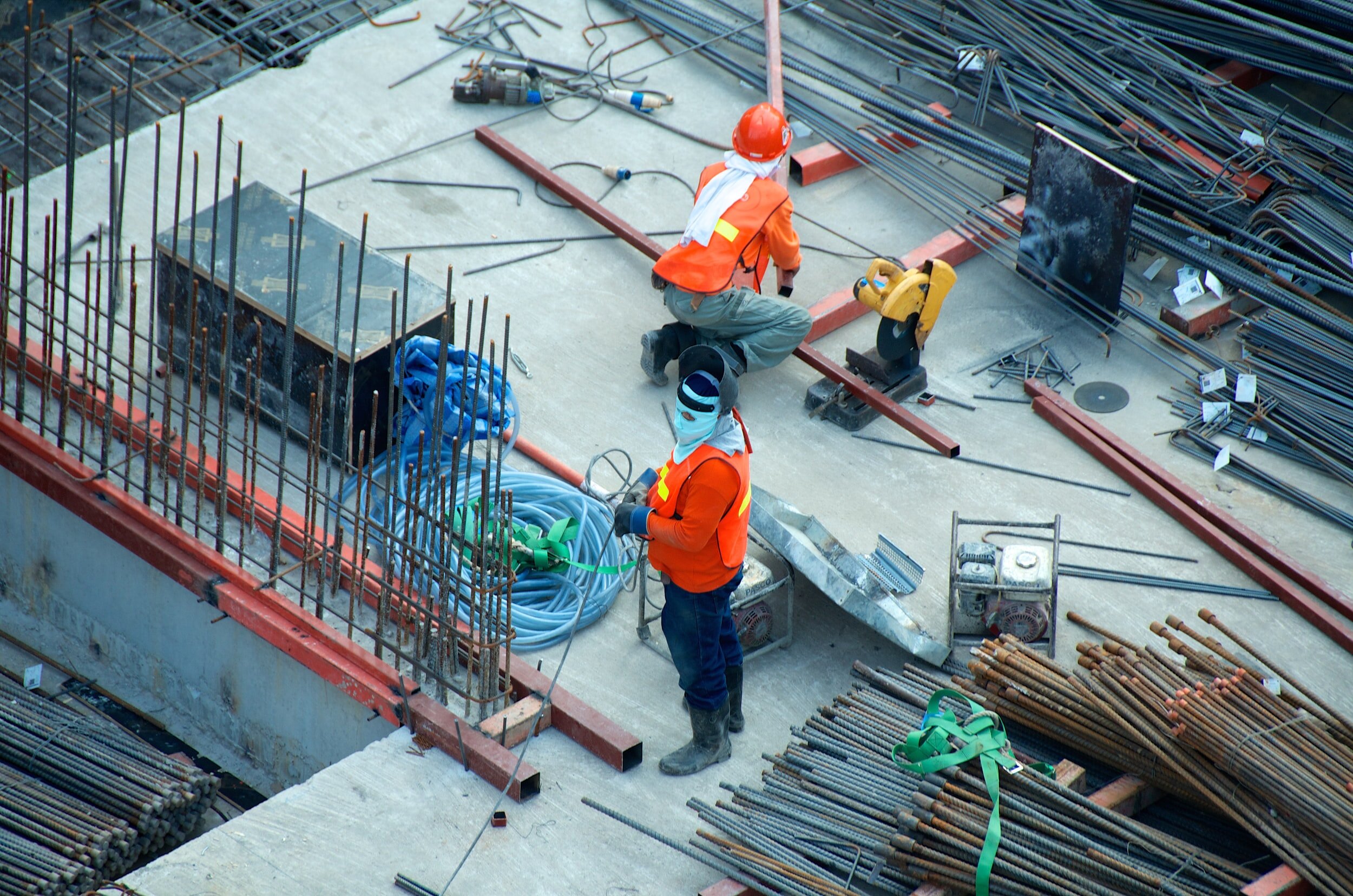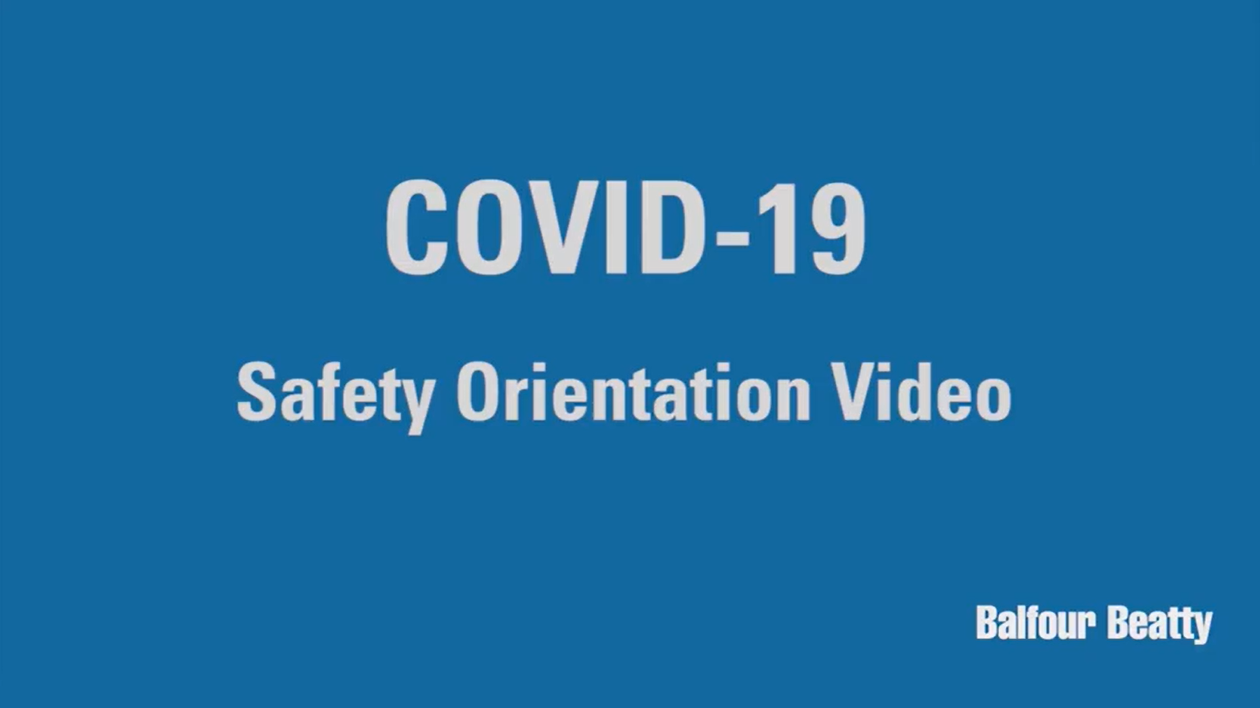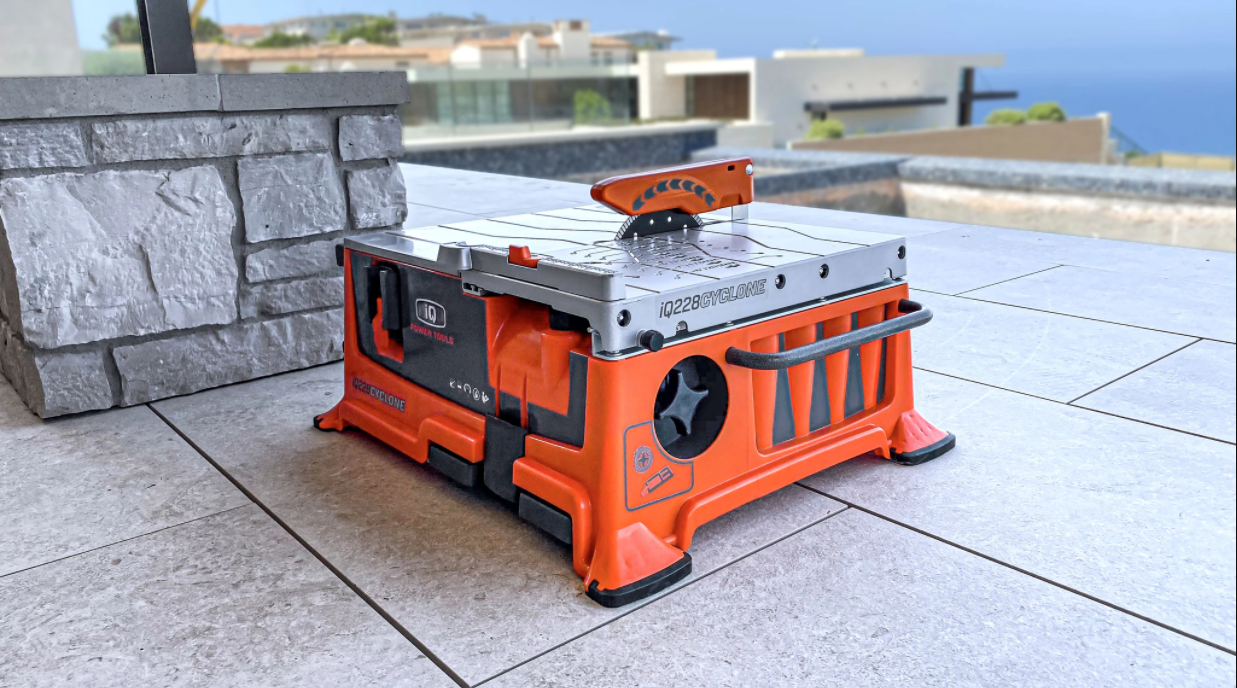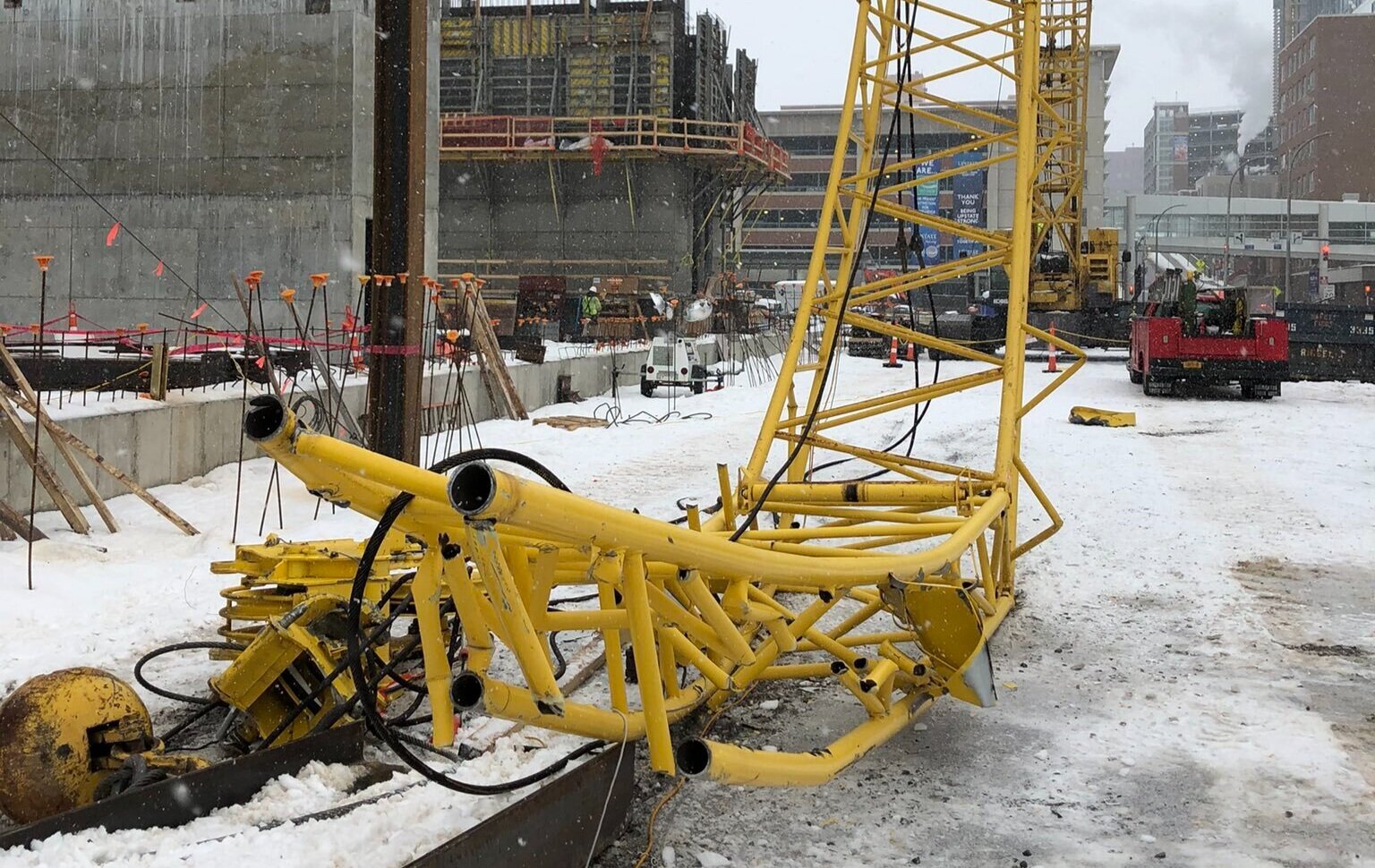A devastating 6.4 magnitude earthquake rocked Taiwan on Saturday, February 6, killing a total of 116 and injuring many others. All but two of the deaths were caused by a collapse of the 17 story tall Weiguan Junlong (Golden Dragon) tower, the only high rise building to collapse in the city.
As crews have searched the area and initial investigations into the collapse have begun, they have discovered empty tin cans inside structural concrete beams. As crazy as that may sound, the reason those cans were there in the first place might be even crazier. A structural engineer told CNA, a Taiwan news channel, that, prior to 1999, use of cooking oil cans in concrete beams was actually not even illegal and were used to make the beams look bigger without adding much weight, for aesthetic reasons. Cooking oil cans. You read that right. The Golden Dragon tower was built in 1983, so the presence of the cans isn’t technically supposed to be a problem. Rebar was also found bent to 90 degrees, instead of 135 degrees, which increases the risk of the rebar loosening in the event of an earthquake.
However, on Wednesday, February 10, Taiwanese authorities did arrest the developer and two executives of the company that originally built the tower, even though the companies that built the structure are no longer in business. According to CNN, the three people arrested will face charges of professional negligence resulting in death.
The video below, by TomoNews US, gives a pretty good rundown of the factors that caused the collapse.
[guest post] It’s a morbid statistic, but the construction industry experiences more workplace deaths than any other. With so many potential hazards, heavy-duty machinery, and power tools, it’s perhaps not surprising that serious accidents are relatively commonplace.
Even though we’re over a year into the COVID-19 pandemic, the virus is still threatening the health of construction’s workers and taking a toll on project timelines. It’s likely that your company has already determined the best course of action to help mitigate the risk of spreading the virus on your jobsites, but it’s never too late to learn from another contractor.
It’s been a little over a year since the coronavirus pandemic sent the entire world into a period of uncertainty, heartache, and panic. The construction industry itself has undertaken many different challenges, above and beyond keeping their people safe on the jobsite, many of which no one could have expected.
“You make a better door than a window!” is what I imagine loader operators constantly yell at the bucket in front of them (or maybe I’m just projecting based on my experience of having the habit of sitting right in front of the TV as a kid). Either way, operators may not be yelling that in the future, as equipment manufacturer, Doosan, has introduced what they claim is an industry first “transparent” bucket.
Reducing dust when cutting tile is important for many reasons (including safety and cleanliness), but wet tile saws can be a pain to use, with the slurry created spraying all around the work station and cold weather making the saw much more difficult to use outside. iQ Power Tools has a solution for that: the world’s first 7” portable dry table saw with integrated dust control.
In the construction industry, falls from height are continuously the leading cause of jobsite injuries, fatalities, and, as a result, OSHA citations. From May 3-May 7, OSHA invites construction employers and stakeholders to take part in their 8th annual National Safety Stand Down to Prevent Falls in Construction.
On Tuesday morning, February 23, the Syracuse Fire Department responded to a call about a collapsed crane on a construction site near the university. Thankfully, no injuries were reported.
It seems a little odd to be talking about air-conditioning when much of the United States hit some incredibly low temperatures in recent days, but a product that I learned about recently is just too exciting to ignore. Announced at CES 2021, a research company has unveiled an air-conditioned hard hat (ACHH) that can reduce the ambient temperature up to 22 degrees Fahrenheit!
2020 was a challenging year in many respects, but none greater than from a safety standpoint. The coronavirus pandemic placed the notion of “people over profits” under the microscope, while also balancing the needs of their employees to continue to make an income under difficult circumstances. While the pandemic was a large part of the construction safety conversation last year, there were several other developments to take note of for your projects in the future.











Last summer, Hilti announced that they had developed their first exoskeleton designed for construction tradespeople in a partnership with Ottobuck, a prosthetics, orthotics, and exoskeleton provider. Earlier this month, Hilti officially released the exoskeleton, announced more details, and published its retail price on their website.